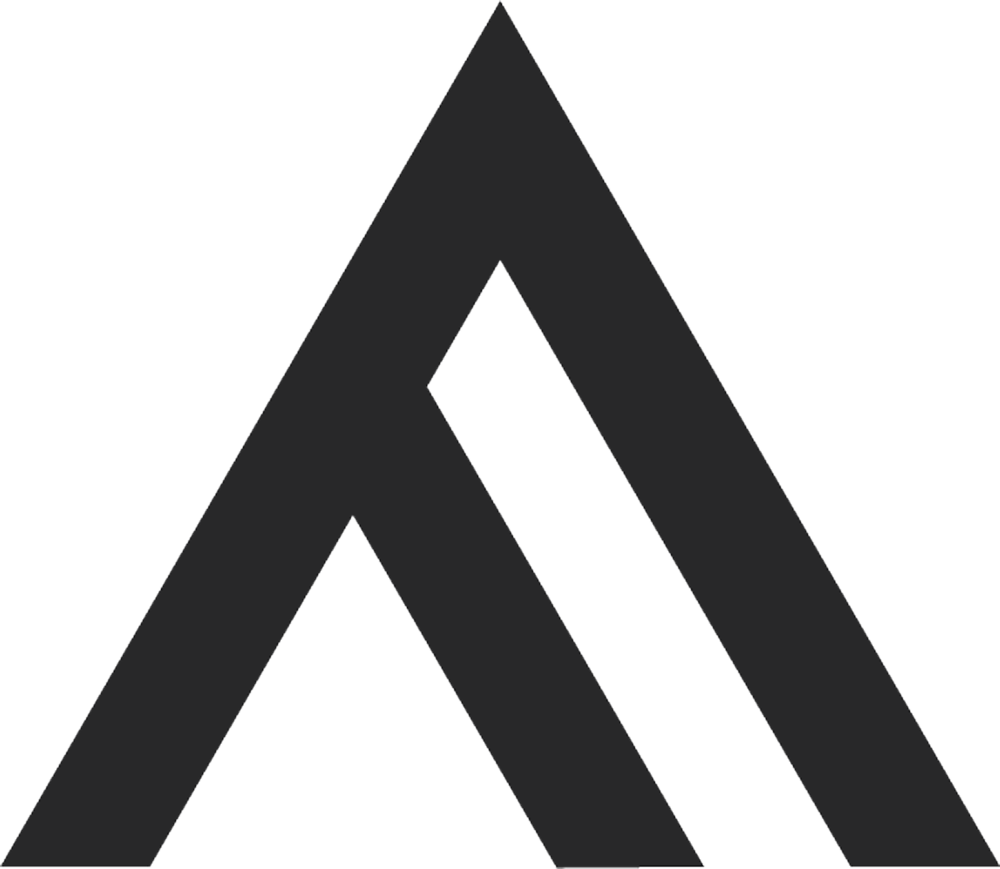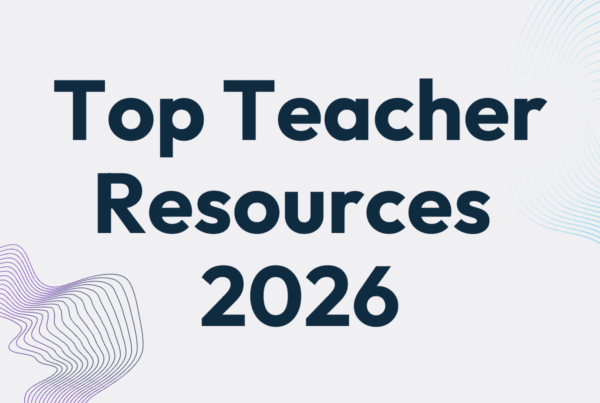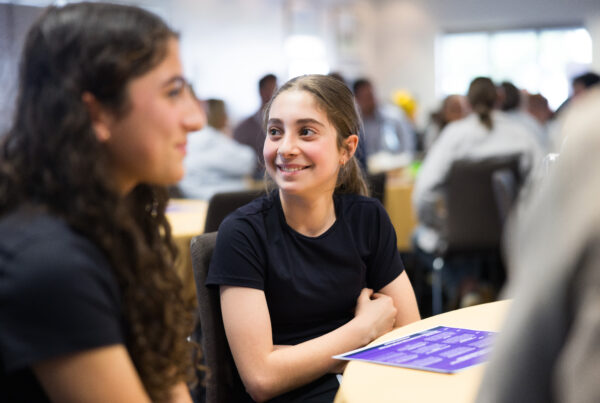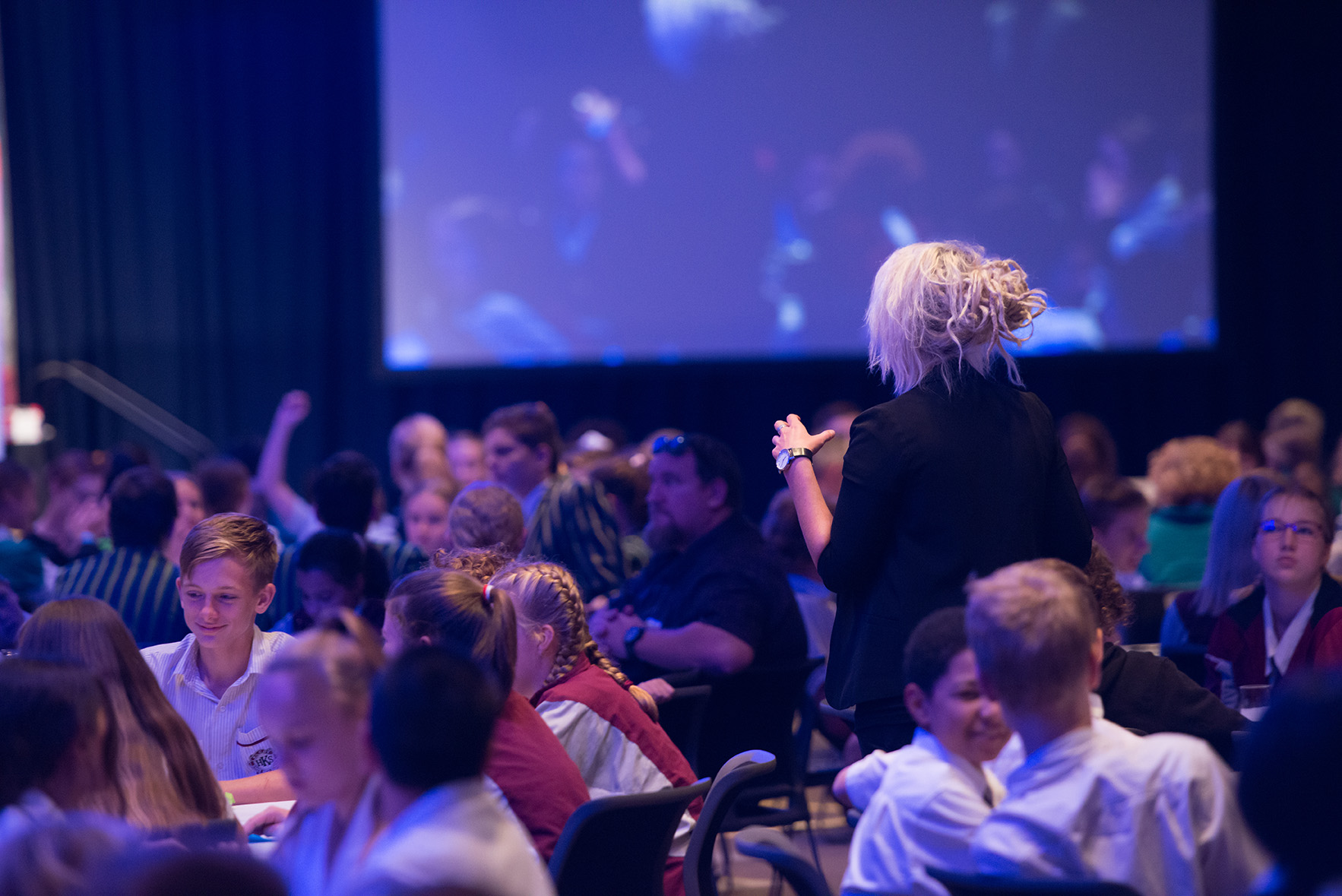
Knowledge is not power. Skills and experiences are.
by Nicole Dyson, Founder & CEO, Future Anything
In Year 10, I was reprimanded by my Maths teacher in front of the whole class.
Whilst in an uncharacteristic moment of distraction, he called me out stating, “Nicole. You need to pay attention to this. It’s not like you’re going to have a calculator in your pocket everywhere you go.”
At the time, I was mortified. Getting in trouble was not something that happened very often (ever!) for me. As the eldest of five children, I acquiesced at home and at school. Most teachers would probably have described me as quiet, compliant, hard-working, and for the most part, fairly unremarkable. So, despite the comment being quite innocuous in nature, I remember struggling back tears of embarrassment.
Nowadays, I re-tell this story in professional learning workshops with large rooms of educators.
The punchline is, of course, that despite seeming entirely farfetched two decades ago to my Year 10 Maths teacher, I do now walk around with a calculator in my pocket. And, likely so do you.
Similarly, in order to complete a research task, I don’t need to scour the aisles of the library to find the textbook or cumbersome encyclopedia that I need.
Exponential advancement in technology means that for the first time in history, anything I could ever want to know is mere seconds away from knowing.
And yet, our assessment tasks (especially in the senior school) are still structured in a way that rewards the student who can regurgitate the right facts in the right order under prehistoric (exam) conditions.
I mean, when was the last time you were asked to handwrite an 800 word short story in complete silence and isolation on a time limit?
It’s a skill that not one young person will need in their future, irrespective of their career pathway.
Like my well-meaning Year 10 Maths teacher, it is curious for me to now reflect on what current realities I’m allowing to cloud the ‘what if’ of my student’s future. What assumptions do I make on what students ‘need to know’ that is based entirely on my own perceptions of value, and dare I say, what (and how) I find ‘easier’ to teach?
This unconscious bias is driven by our innate need to maintain the four dimensions of a comfortable status quo; what is ‘known’, what is ‘safe’, and what is ‘easy’.
We know how to sift and sort students from best to worst using exams and assignments. It is safe to grade students by asking questions that have ‘right’ and ‘wrong’ answers because the red cross and green tick easy for us. Assessment is rarely about the person being assessed; our systems are designed to lean into past precedent (known) in order to make things safe and easy for the assessor, not better for the assessee.
And yet, we know that the research about the future of work for our young people is clear.
We know that knowledge is not necessarily power anymore.
The real magic lies in the action that young people take and the experiences they have when they engage with the infinite knowledge at their fingertips. In other words, how do they find the knowledge and what they do with the knowledge when they find it.
Skills and Experiences. Not knowledge.
But, as the teacher, if we are the keeper of the red pen; of ‘right’ and ‘wrong’; of ‘success’ and ‘failure’, how will our young people ever build the skills and capacity to author their own learning story?
In our Future Anything Activate program we focus on building the capacity of our young people in the following six key areas:
- Communication
- Collaboration
- Critical Thinking
- Problem Solving
- Innovation/ Creativity
- Adaptive Mindset.
Here are three ways we do this explicitly:
- We pre-and post-test students on their understanding of their own proficiency in each of the skills. You can check out our surveys here (PDF). This is important for two reasons. The first is to measure movement from start to finish. If you don’t collect the data, how do you know what you’re doing is working? The second is by defining the skills and having students reflect on their own understanding early, we’re front-loading the importance of the skills from the outset of the unit.
- We use rubrics to track progress in each of the skills. In this way, students can (continuously) self-assess and use the student-friendly language within each criterion to identify the specific attributes that they would need to engage in order to progress. You can see six of our rubrics here (PDF).
- After self-assessing, we have students respond to four reflection questions:
- What criterion/s are your strengths?
- Provide one specific example of where you employed this strength in your project work and the positive outcome/s that resulted?
- What criterion/s are areas for improvement?
- Provide one specific example of where this criterion had a negative impact on your project work, and explain what, in hindsight, you would say or do differently in that scenario and why?
There are two final magic ingredients to explicitly building the skills of your young people that we haven’t yet discussed.
The first is time.
We need to carve out the time within our lessons for students to dig into the ‘what’, the ‘how’, and the ‘why’ of these ‘future ready’ skills. If we don’t allocate time, it won’t happen.
Then, we also need to get comfortable being uncomfortable.
Once upon a time, as a swimming coach, I remember working with a particular athlete around their freestyle technique. After chatting extensively about some adjustments, he pushed off the wall.
Watching him swimming, I remember seeing instant improvement in his length and efficiency; he looked effortless.
Reaching the other end, I asked him how it felt.
He said, “Weird.”
I said, “Good.”
He looked up at me in confusion.
Kneeling on the side of the pool, I explained, “What you were doing before felt normal to you, but it wasn’t serving you. If you had turned to me now and said that the last lap had felt normal or fine it would have meant that you’d fallen back into your old pattern. Relish the uncomfortableness. Stay in the weird.”
The future of education is exciting. But, new can feel weird, and sometimes a little terrifying.
We don’t get better if we don’t do different. Stay in the weird.
Want to know more about building the entrepreneurial mindsets of young people in your classroom?
Subscribe to Future Anything’s regular e-newsletter to have resources delivered right to your inbox. You can sign up here.
About the author: Nicole Dyson
As a teacher in the USA, UK and Australia as well as a Head of Department and Head of Year at some of Queensland’s top-performing public schools, Nicole has repeatedly led the design and implementation of whole-school changes to support future ready learning; placing young people at the forefront of co-designing contextually relevant learning experiences.
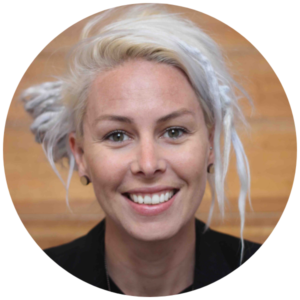
Nicole is an engaging and skilled facilitator, panellist and speaker who is a passionate advocate for equity, the future of education, and empowering young people to bend the future; one youth-led idea at a time.
Connect with Nic on LinkedIn here or Twitter here.
